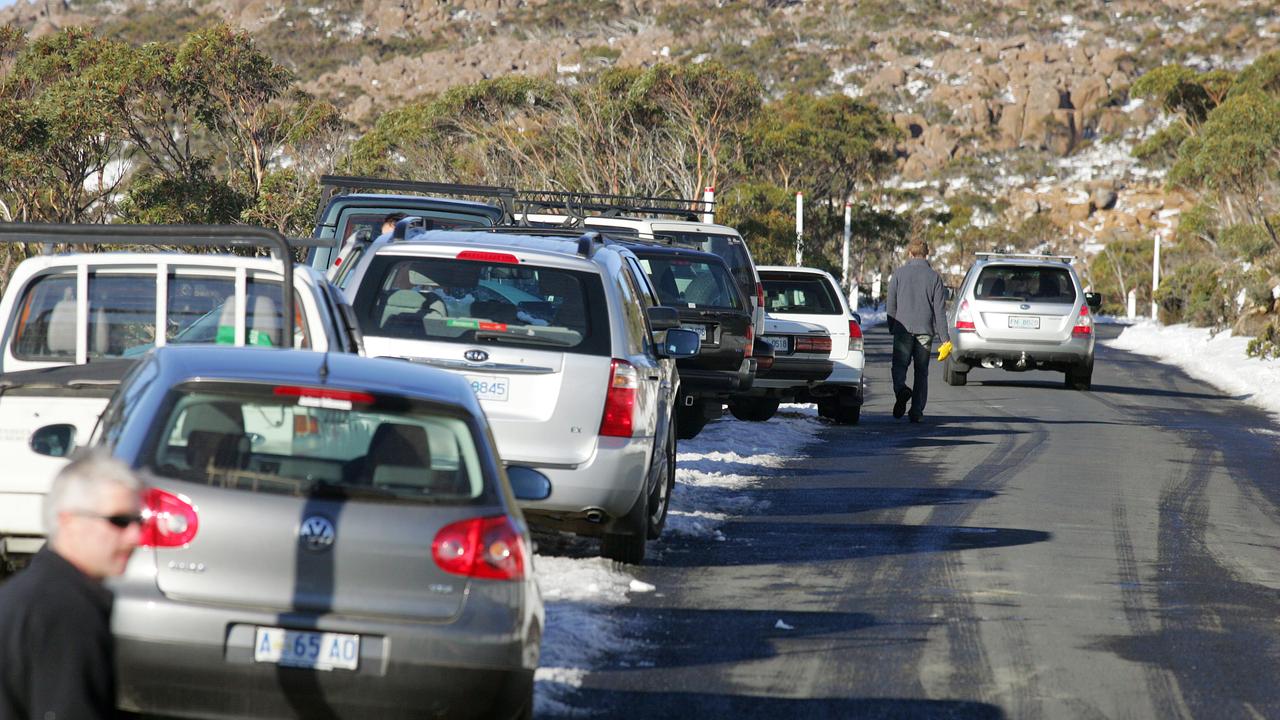Young Tasmanian women experience domestic violence at nearly three times the national rate
Tasmanian women between 18 and 19 years old are nearly three times more likely to experience physical violence in a relationship compared to teens nationally. What needs to be done >>

Tasmania
Don't miss out on the headlines from Tasmania. Followed categories will be added to My News.
Young Tasmanian women aged between 18 and 19 years old are nearly three times more likely to experience physical violence in a relationship compared to teenagers nationally, a national violence prevention body has revealed.
Our Watch CEO Patty Kinnersly said nearly a third – the 29.2 per cent – of young Tasmanian women experienced domestic abuse compared to the national average of 11.8 per cent in the same age group. She said the alarming rate of violence shows an urgent need for early intervention of relationship education.
“That’s probably an 18 or 19-year-old woman’s first significant relationship and a high percentage are experiencing violence,” Ms Kinnersly said.
“I think that we need to then go back and say how important respectful relationships education is, how important it is for adults to be having open and honest conversations with young people about what consent is in healthy relationships.”
About 32 per cent of Tasmanian women have also experienced violence, emotional abuse, or economic abuse by a cohabiting partner since the age of 15.

It is through directing violence education and prevention programs towards younger people that Ms Kinnersly believes the state can have the most impact in reducing domestic and intimate partner violence.
“We know that young people and young children form ideas about the role of men and women before they’re five,” she said.
“That’s why we need big systems like schools, workplaces, sport, the media and government to do their job in this.”
Our Watch has been developing evidence-based actions with the Tasmanian government since 2015 and has a dedicated state-based staff member.
Part of Our Watch’s recommendations to the Tasmanian government include increasing the coverage of respectful relationships education in schools to begin age-appropriate lessons on healthy relationships and consent from primary school and early education through to tertiary education.
Ms Kinnersly said promoting gender equality in education facilities and sporting clubs, like its June 20 Memorandum of Understanding with TasTAFE, will assist in promoting respect across the community.
“We would also suggest that local governments are a really important part of the story because they’re connected to communities, especially in a state like Tasmania, where there is really isolated places,” she said.
“Local governments have a really good opportunity to lead work and there’s a resource called the local government toolkit, but because local governments don’t have a lot of money, we do need to state government to help them.
“We would say extra support for local governments to lead work would accelerate things.”
Minister for Women and the Prevention of Family Violence Madeleine Ogilvie said the Tasmanian government continues to be in “positive discussions” with Our Watch.
“While the introduction of programs for the new Tasmania Football Club is a matter for them, the Tasmanian government is supportive of any initiative that prevents violence and promotes gender equality,” she said.
“We understand sporting codes have a role to play in the prevention of violence by engaging in this important conversation.”
Ms Ogilvie said the state government can make “a real difference” in collaboration with Our Watch through better communicating violence prevention strategies.





